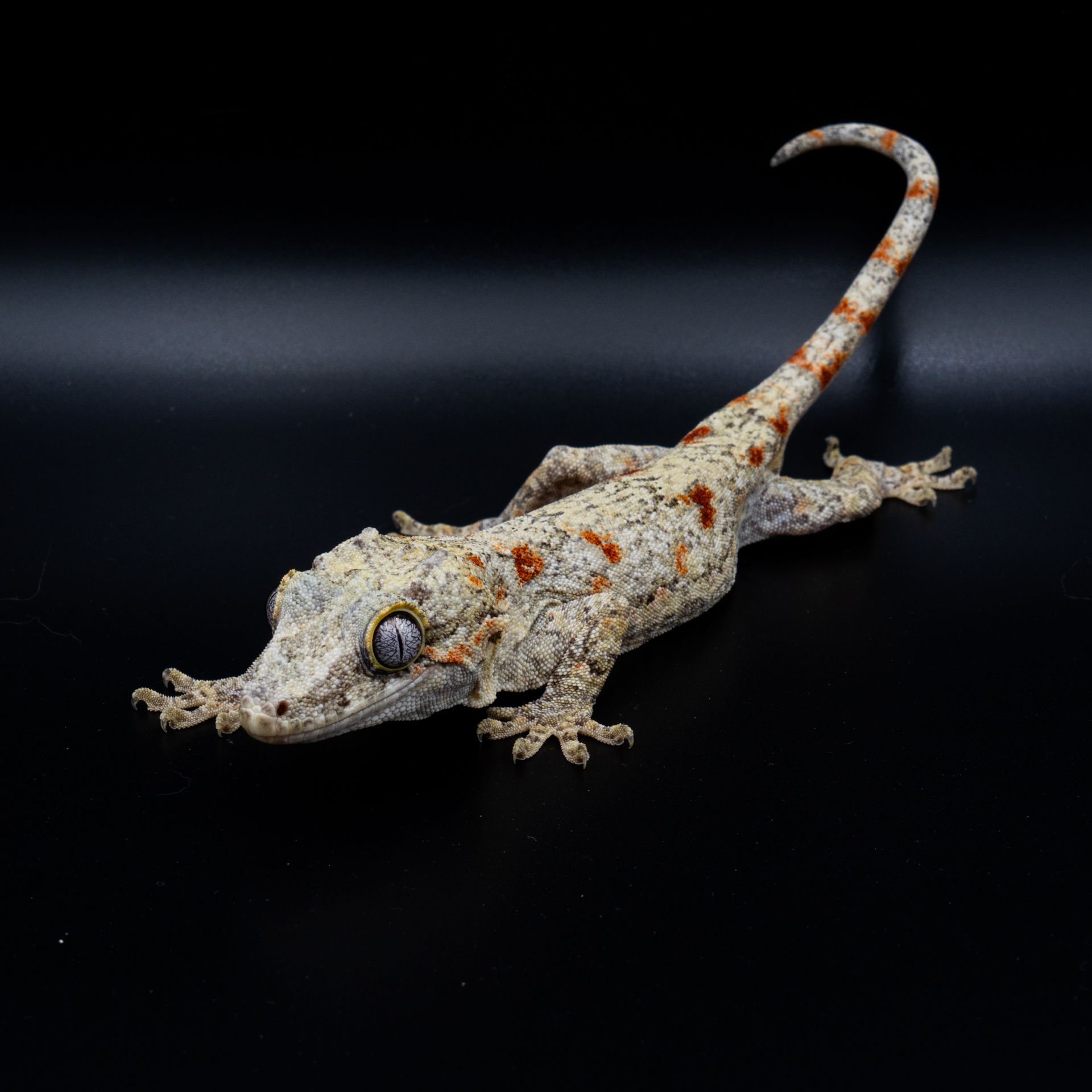
When it comes to feeding your beloved geckos, providing the right nutrition is essential for their health and well-being. The two most commonly chosen feeder insects are crickets and dubia roaches. Let’s take a look at the benefits of each option and help you decide which one is the best fit for your geckos.
Nutritional Content
Crickets
Crickets are a popular choice for many reptile owners for a couple of key reasons, like their relatively high nutritional content and general availability. They are a good source of protein and provide essential nutrients like calcium and fiber. Plus, they are generally available at most pet stores so you’ll rarely find yourself in a bind where they are unavailable.
Dubia Roaches
Dubias are often praised for their excellent nutritional profile. They contain more protein and less fat than crickets, making them an ideal choice for growing and breeding geckos. Additionally, they have a softer exoskeleton, making them easier for geckos to digest.
Size and Lifespan
Crickets
Crickets readily come in various sizes, which is beneficial for gecko owners with geckos of different ages. However, they have a relatively short lifespan, which means you’ll need to purchase and feed them more frequently. Another thing to consider? Larger crickets chirp frequently, which can be incredibly annoying when kept in the house.
Dubia Roaches
Dubia roaches are available in various sizes as well, but they’re less easy to find at multiple sizes locally unless you live in a larger city. One significant advantage is their longer lifespan compared to crickets. This means you can buy them in bulk and store them for more extended periods without worrying about them dying off quickly.
Ease of Care
Crickets
Crickets are relatively high-maintenance. They require a well-ventilated container, proper temperature and humidity control, and a regular supply of food and water. If not cared for correctly, crickets can become smelly and potentially transmit diseases to your gecko.
Dubia Roaches
Dubias are generally low-maintenance and easier to care for, especially in comparison to crickets. They can be kept in a plastic container with proper ventilation, and they don’t produce a strong odor. They can subsist on a diet of fresh fruits and vegetables, making them more straightforward to feed and maintain. It is important to note, most dubia breeders recommend that you don’t keep them in your home because you can potentially develop an allergy to them.
Here’s a great guide on breeding and keeping Dubias, alongside the proper warnings about ventilation and potential allergy development.
Risk of Escapes
Crickets
Crickets are notorious escape artists. Their jumping ability and tendency to climb can lead to frequent escapes, which can be a nuisance for gecko owners.
Dubia Roaches
Dubia roaches are less likely to escape, as they are not known for their jumping abilities. This reduces the risk of having loose insects running around your home. Here at Gecko Fancy, we’ve never had a Dubia escape but we’ve had dozens of crickets escape over the years.
Allergies and Odors
Crickets
Some people may be allergic to cricket dust, which can be an issue when handling them. Additionally, crickets can produce a distinctive, unpleasant odor when kept in large quantities.
Dubia Roaches
Dubia roaches do not produce as much dust as crickets, and they have a milder odor, making them a more pleasant choice for both you and your gecko. Like we mentioned above, however, you can develop an allergy to them if you keep them in a not properly ventilated area and don’t handle them with care.
Both crickets and dubias have their advantages and disadvantages when it comes to feeding crested geckos, gargoyle geckos, leachianus or chahouas. While crickets are more readily available and come in various sizes, dubia roaches offer a superior nutritional profile, are easier to care for, and present fewer risks for escapes.
Let us know, which do you prefer for your geckos and why?